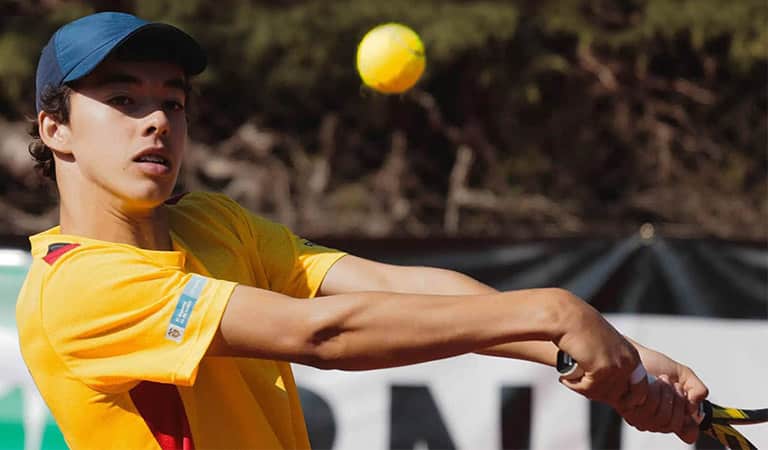
Class of 2023 Outcomes
91%
91% of students from the Class of 2023 are college-bound
77%
77% of our Class of 2023 graduates who applied to college were offered admission to their first-choice school
$10M+
The Class of 2023 reported receiving $10.2M+ in scholarships. That's more than $95k per student.
1 in 4
More than 1/4 of graduates from The Academy were admitted to US colleges and universities with acceptance rates lower than 25%
86%
86% of students score a 3 or higher on AP exams
What We Offer
Our diverse curriculum fosters curiosity
We offer a broad and diverse curriculum that facilitates each student's educational path and pace, inspiring personal and academic growth and mastery.















